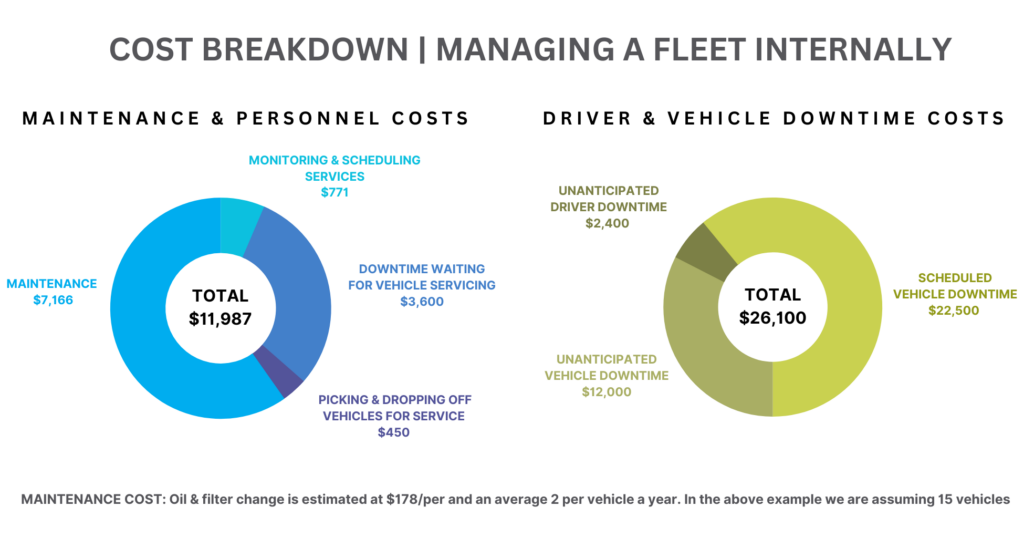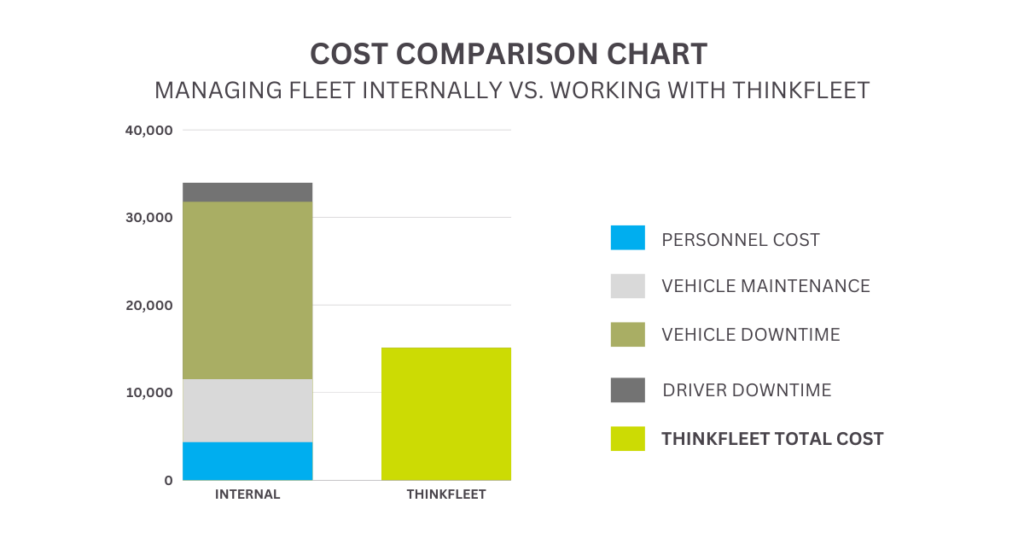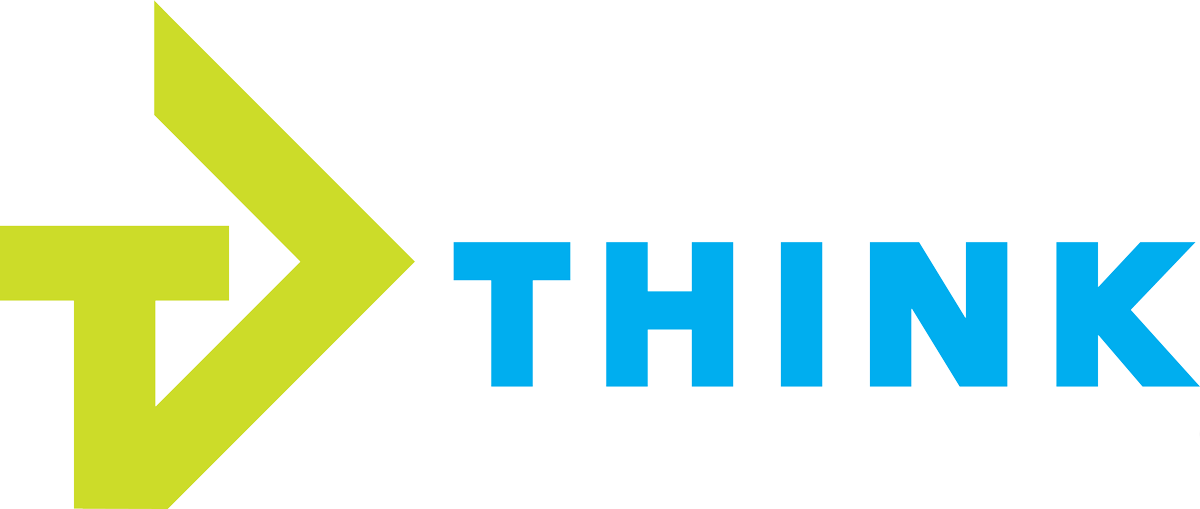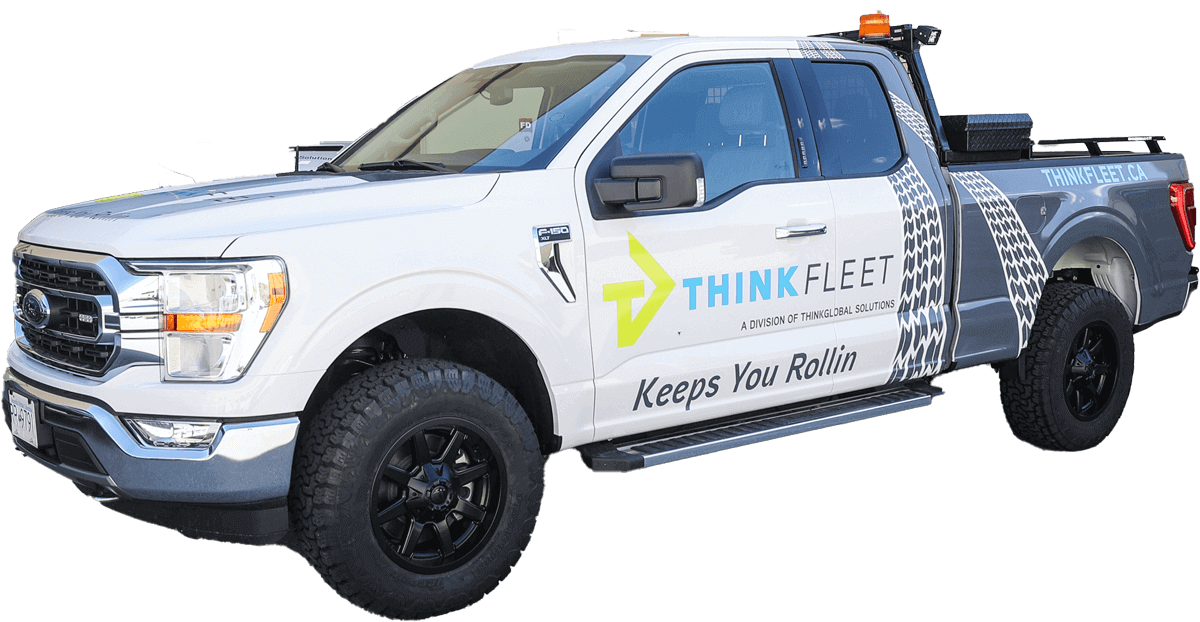Learn More
We all know how much the unpredictability of the vehicle supply chain has impacted planning and the costs of operating. We are here to help you understand how the vehicle supply chain can influence your fleet plan and provide you with some tips on how to best navigate these trying times.
1. SUPPLY CHAIN CHALLENGES
- One of the primary considerations when creating a fleet plan is the availability of vehicles. The vehicle supply chain can impact this aspect in several ways. For instance, disruptions in the manufacturing process, such as part shortages, labour strikes/layoffs, pandemics, can lead to delays in vehicle production like we are currently experiencing. These delays can directly affect your fleet plan, causing you to adjust maintenance schedules, extend vehicle lifecycles, or consider alternative vehicle models. TIP: Staying informed about potential supply chain disruptions and maintaining a flexible fleet plan will help mitigate these challenges.
2. USED & NEW VEHICLE PRICES ARE HIGHER THAN EVER:
- Changes in manufacturing trends, technological advancements, and market demands can significantly influence the types of vehicles available in the market. Starting in 2021 we saw production and supply restraints on new vehicle manufacturing, which created an increased demand for used vehicles. As a result, we are seeing vehicles working harder and longer than ever before. There are a number of factors to balance, but it all starts with planning. TIP: We recommend budget forecasting, getting a pulse on the market and what vehicles are actually worth will help you determine when it makes the most sense to buy and sell. With our expertise and national industry connections, we can help you find the right vehicles to meet your specific needs and budget. We have a pulse on the market nationally and can take care of the entire process.
3. TOTAL COST OF OWNERSHIP & INFLATION
- Managing fleet costs is an ongoing challenge for fleet managers, and the vehicle supply chain has a direct impact on the total cost of ownership (TCO). Changes in vehicle production costs, fuel prices, and availability of spare parts make it difficult to truly understand the total cost of managing your fleet. Additionally, supply chain disruptions can lead to increased prices, limited access to spare parts, or longer lead times, resulting in potential maintenance and repair challenges. Considering the potential impact on TCO while developing your fleet plan is crucial. We break down the total cost of fleet ownership in our ‘Total Cost of Ownership ’ here. TIP: Understanding the impact of hard and soft costs is important. Uncovering the opportunity cost of vehicle and employee downtime, along with increased maintenance costs associated with older vehicles can help you get ahead of inflation.

GRAPHIC: We analyzed our clients’ data to understand what the total cost of ownership is. The below totals are averaged over various clients, we averaged the fleet size at 15 vehicles.
4. FLEET OPTIMIZATION
- Maintaining fleet vehicles, analyzing driver behaviors, and tracking telematics data (i.e. idle time, fuel usage, etc.) are essential for fleet optimization and efficiency. Regular maintenance reduces unexpected breakdowns and costly repairs, minimizing vehicle downtime and maximizing uptime. Analyzing driver behaviors enables targeted training programs to promote safer and more fuel-efficient driving, resulting in lower fuel consumption and maintenance costs. Monitoring fuel usage in real-time helps identify inefficiencies. By implementing comprehensive fleet management systems, businesses can enhance operations, improve customer service, and maximize the lifetime value of your fleet.

Understanding the impact of the vehicle supply chain on your fleet plan is essential for effective decision-making. By considering vehicle availability, selection, total cost of ownership, and optimization, you can navigate the dynamic landscape of the supply chain and build your fleet plan accordingly. Staying informed about industry trends, fostering strong partnerships, and maintaining flexibility will empower you to adapt to changes in the vehicle supply chain and successfully manage your fleet for years to come.


